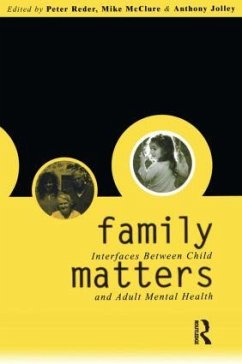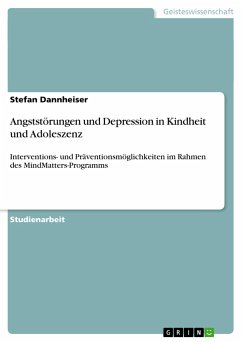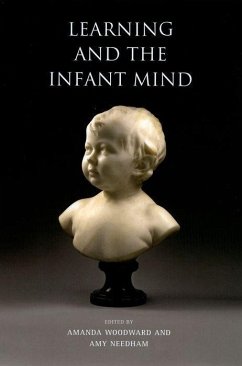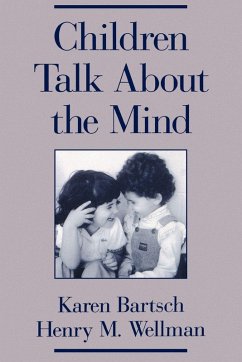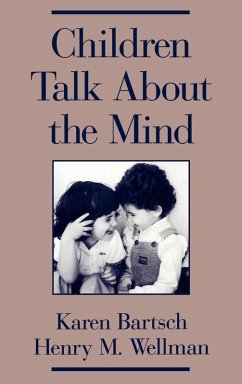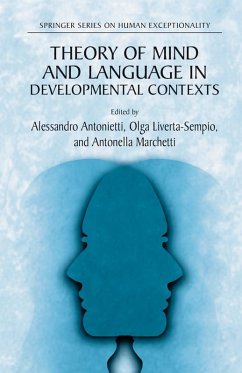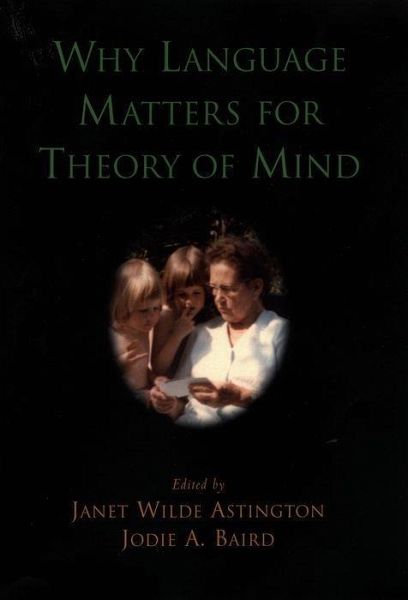
Why Language Matters for Theory of Mind

PAYBACK Punkte
56 °P sammeln!
"Theory of mind" is the phrase researchers use to refer to children's understanding of people as mental beings, who have beliefs, desires, emotions, and intentions, and whose actions and interactions can be interpreted and explained by taking account of these mental states. The gradual development of children's theory of mind, particularly during the early years, is by now well described in the research literature. What is lacking, however, is a decisive explanation of how children acquire this understanding. Recent research has shown strong relations between children's linguistic abilities an...
"Theory of mind" is the phrase researchers use to refer to children's understanding of people as mental beings, who have beliefs, desires, emotions, and intentions, and whose actions and interactions can be interpreted and explained by taking account of these mental states. The gradual development of children's theory of mind, particularly during the early years, is by now well described in the research literature. What is lacking, however, is a decisive explanation of how children acquire this understanding. Recent research has shown strong relations between children's linguistic abilities and their theory of mind. Yet exactly what role these abilities play is controversial and uncertain. The purpose of this book is to provide a forum for the leading scholars in the field to explore thoroughly the role of language in the development of the theory of mind. This volume will appeal to students and researchers in developmental and cognitive psychology.








